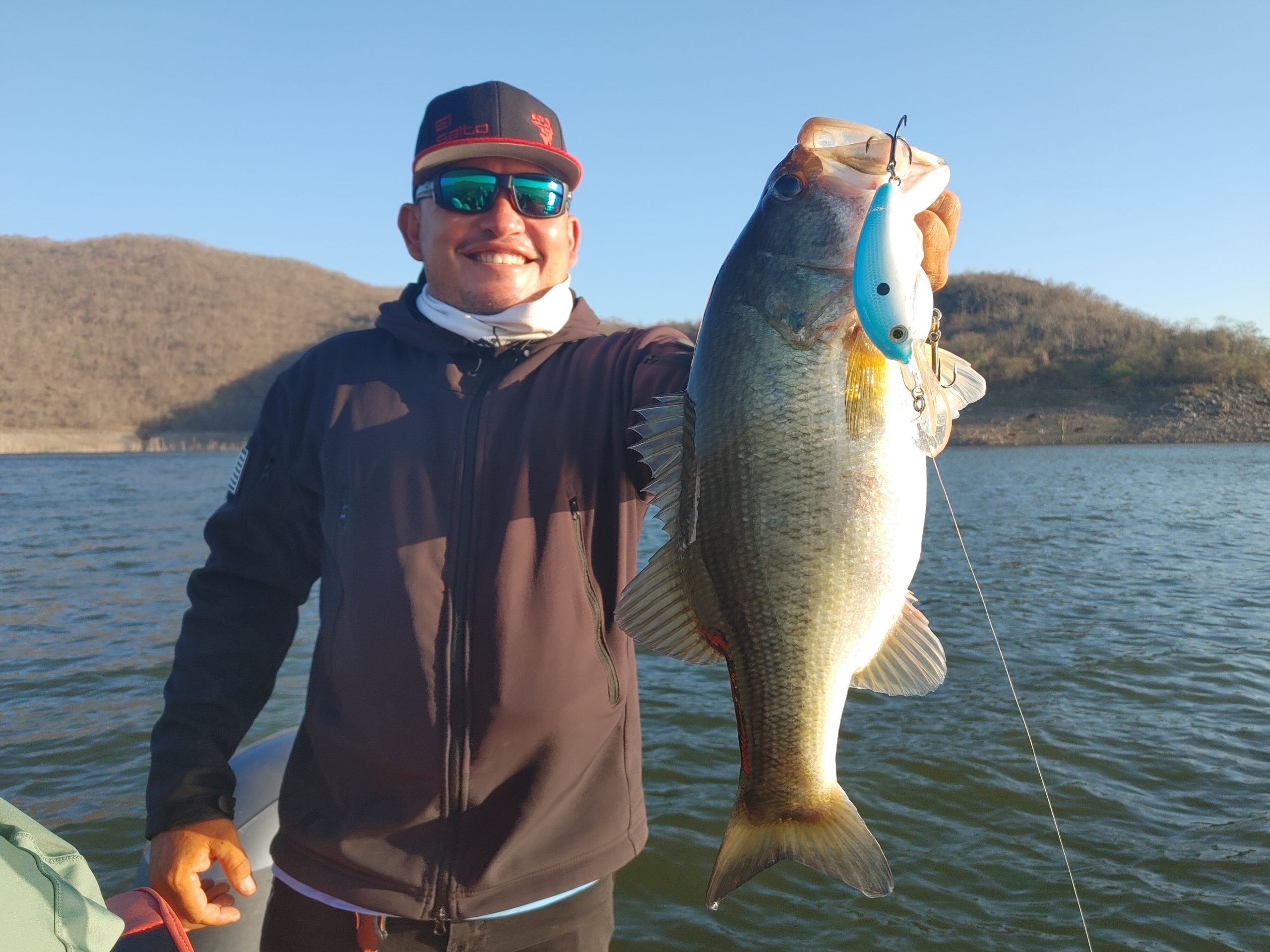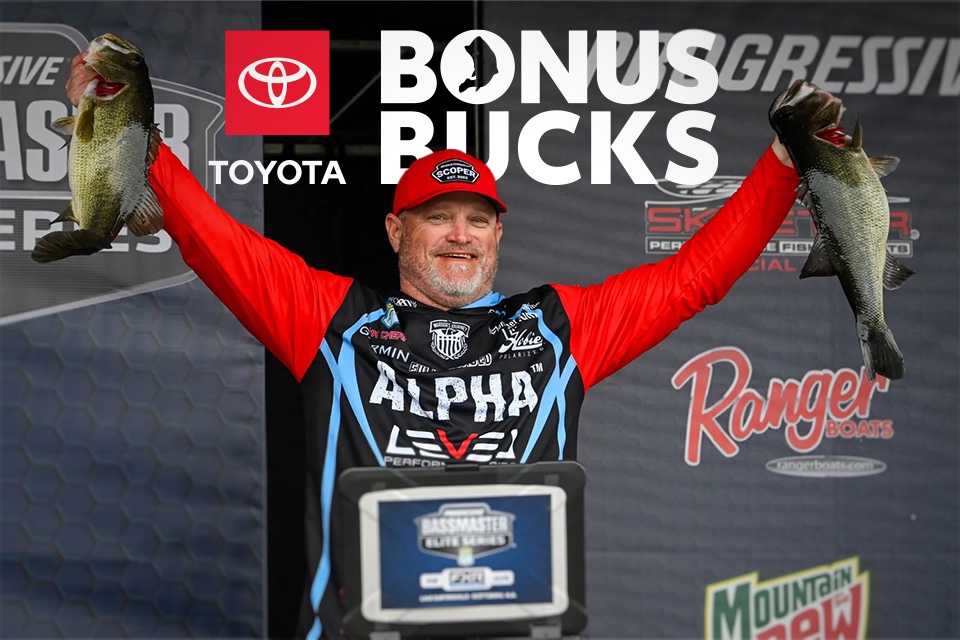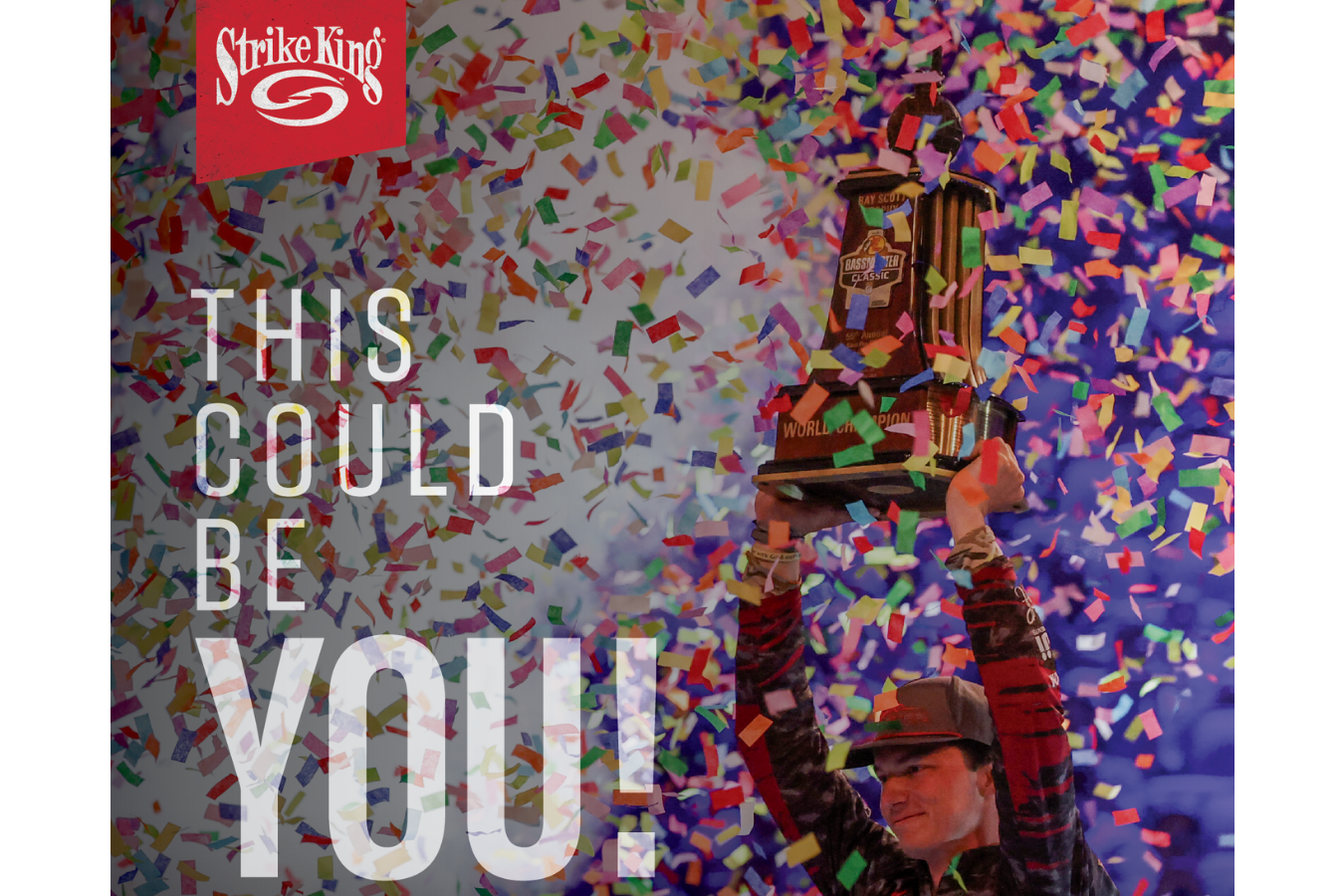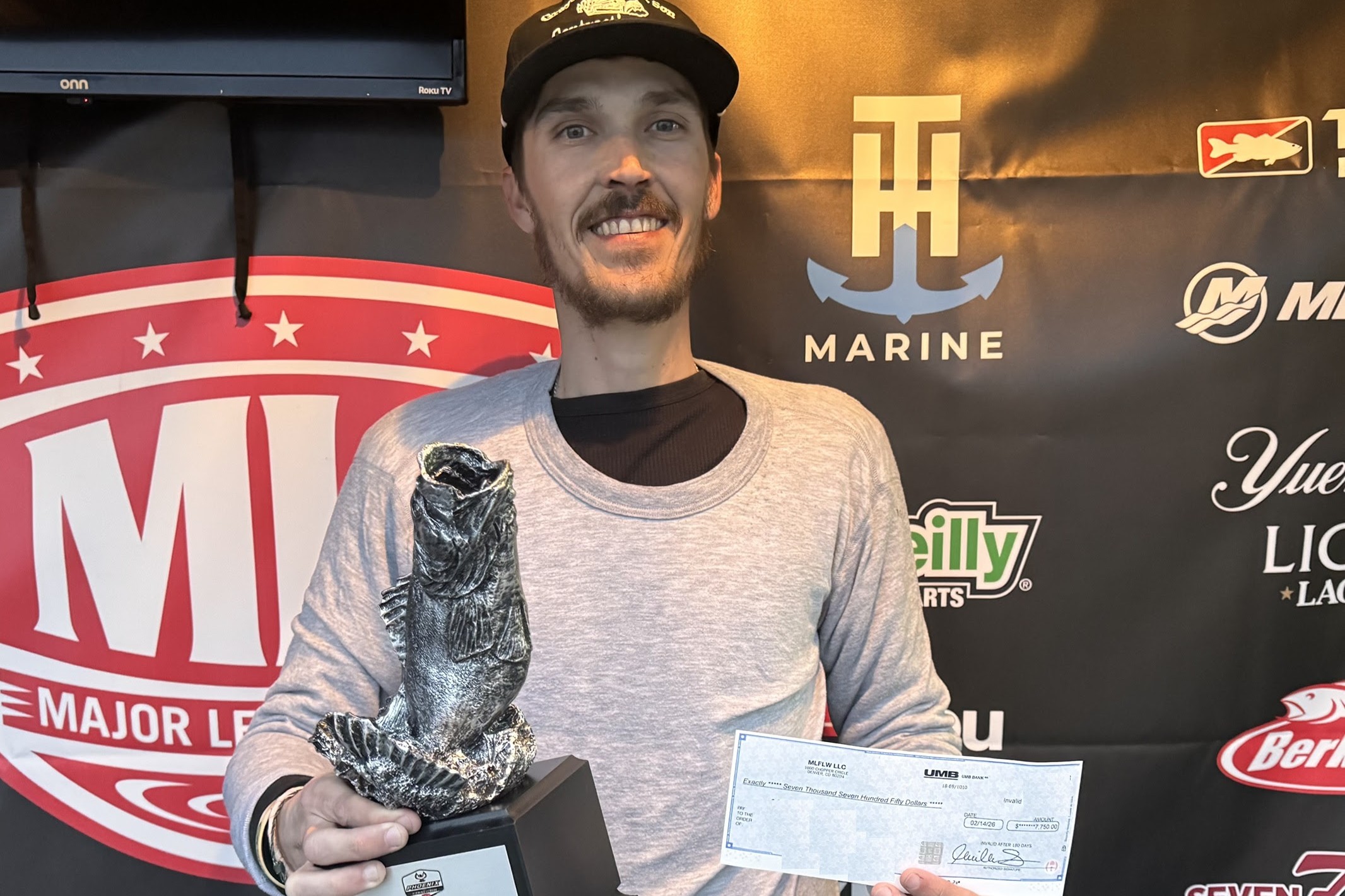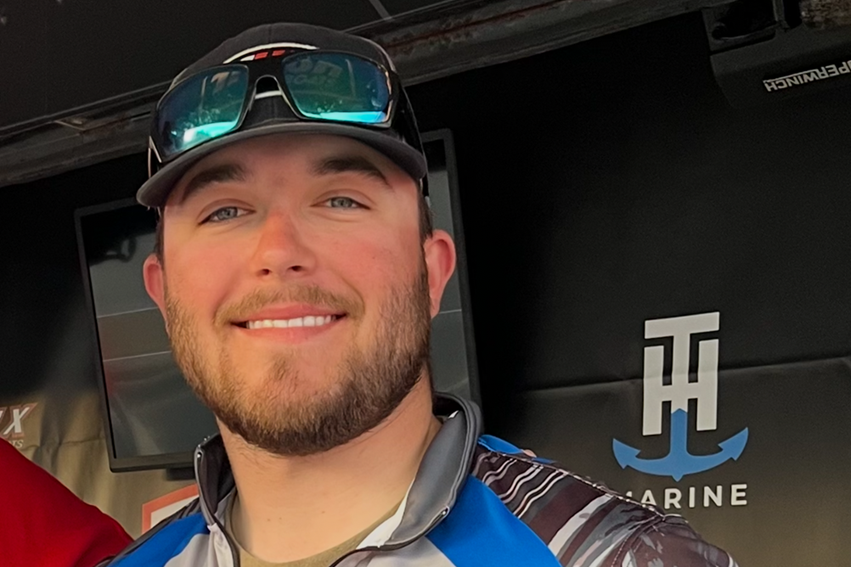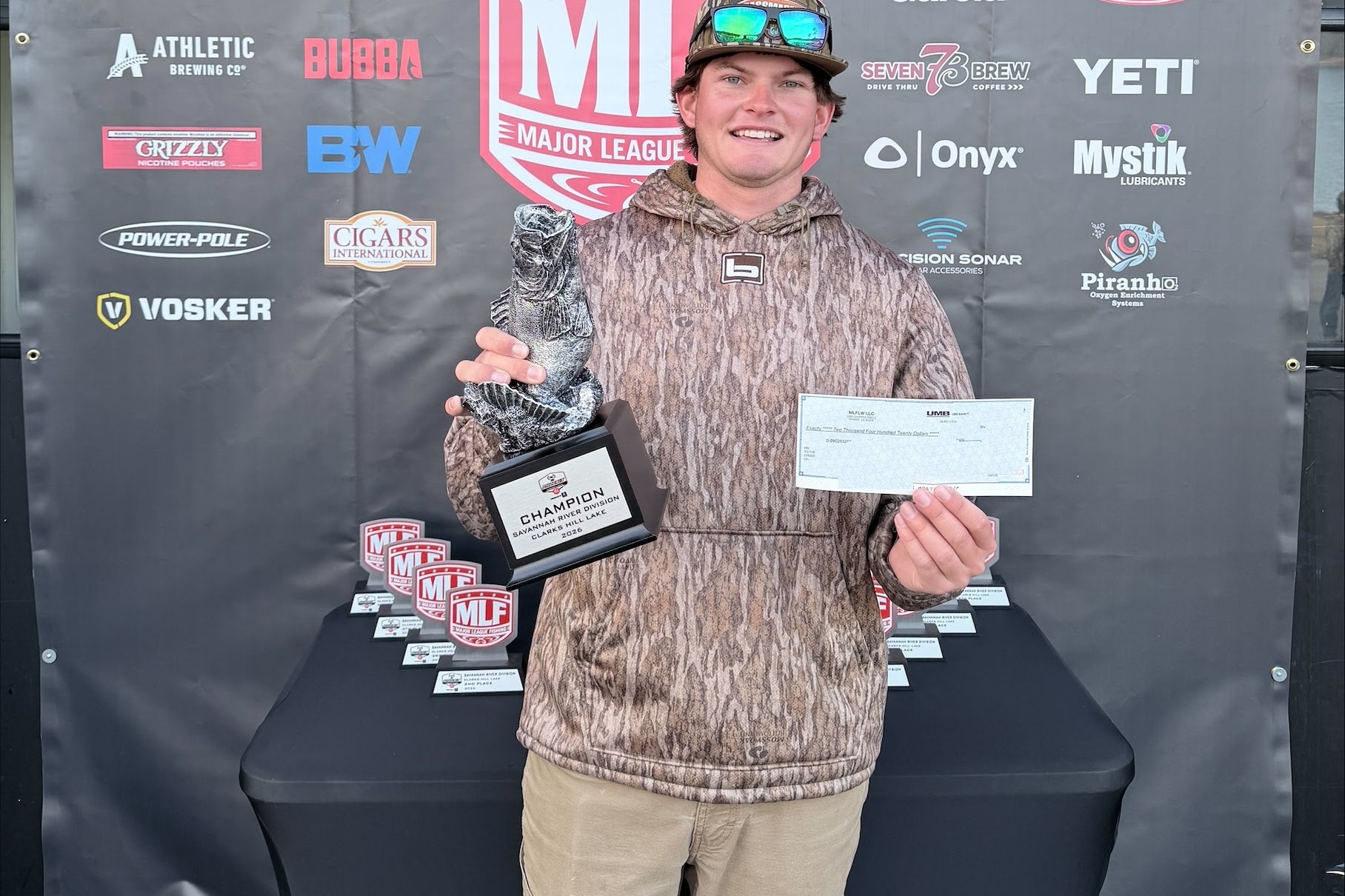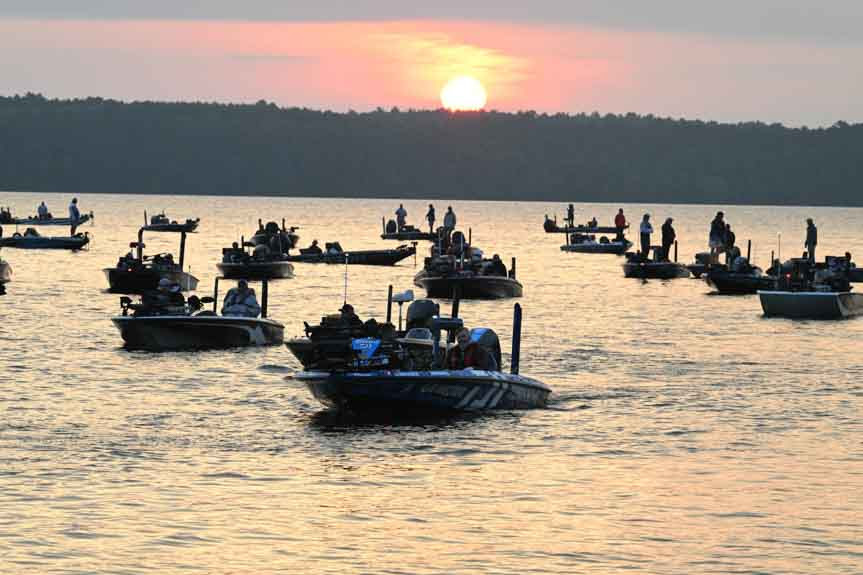Travel Tuesday – What is the Best Time to Go on a Fishing Trip?
By Pete Robbins
Well, duh. The best time to go on a fishing trip is “any time you can.”
But that maxim doesn’t tell the whole story. Our plan has always been to fish “the best places at the best times.” Of course, fishing is an inexact science with no guarantees. Even at the purported best times, under the assumed best conditions, it can be a struggle. On other occasions, when it’s expected to be tough, you can load the boat. To our way of thinking, by stacking the odds in our favor – best places, best outfitters/guides, best times, and so forth – we maximize our chances of success.
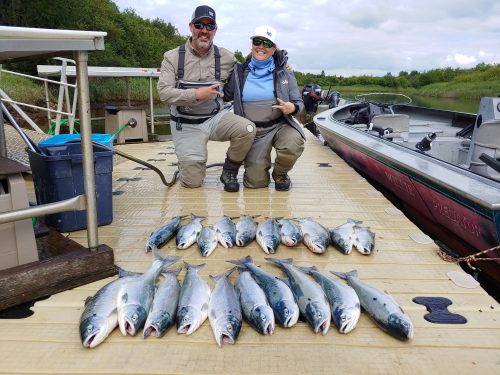
But perhaps you can’t or won’t go at the generally-accepted optimal times. Maybe the tuna fishing in a certain location is best from April through June, and that’s the heart of your bass tournament season. Or perhaps you know that the St. Clair muskies are fattest in the late fall, but you can’t handle the thought of casting a “Pounder” all day as sleet pours down.
How do you know whether it makes sense to spend your hard-earned cash (and energy and vacation time) to go during an off-peak period?
Rule Number One: Do Your Research
When it comes time to plan a trip, figure out what you want to catch and how you want to catch them. If your goal is a sockeye salmon on a dry fly, make sure: (a) that the salmon will be in the river at that time; (b) that the season will be open; and (c) that they will be feeding in your desired manner. Obviously, the more flexible that you are, the better. Some simple internet research should answer your most basic questions. Beyond that, call a guide or outfitter and ask blunt questions – don’t ask for guarantees, but rather the type of inquiries that will help you make an informed decision.
Rule Number Two: You Can’t Catch Them When They’re Not There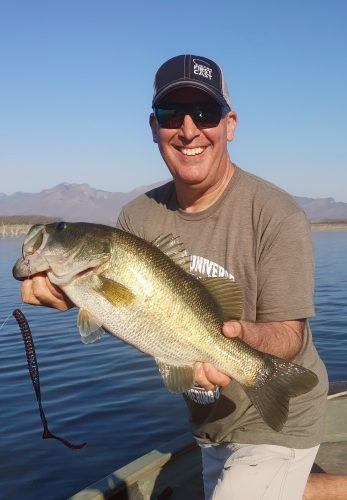
As noted above, certain fish are migratory and won’t be in notoriously prime fisheries during certain months. You can fish for them at that time, I suppose, but you ain’t going to catch any. Or they could be lethargic in a manner that makes fishing vastly subpar. If a guide or outfitter does not operate during certain stretches of time, there’s likely a reason for that. One corollary to this is that just because certain conditions don’t exist doesn’t mean that the species won’t bite. Several years back we went ice fishing for big brown trout in Milwaukee Harbor. When the ice goes away, you can’t catch them that way, but you can certainly chase them with other tactics.
Rule Number Three: You define success
Again, the more flexible you are, the better. Our April and November trips to Sport Fish Panama Island Lodge were similar in more ways than not, but there were some key differences. For example, the average tuna size was much bigger in November, but we caught a much higher percentage on poppers in April. If you cared more about size, the first trip might’ve been a bust. If you cared more about topwater fishing the second trip might have been a bust. Fortunately we just cared about action, so we were thrilled both times but your mileage might vary.
Even after following those rules, you still have to differentiate between different trips to the same place.
Again, get on the phone or on the web and figure this stuff out. A guide or lodge looking to fill a calendar might not give you the straight skinny (or they might tell the truth and you won’t believe them), but there are other places to get information. Look for YouTube videos or TripAdvisor reports from the month/s in question. Call a fishing travel agent who deals with multiple properties and ask what it’s like during the time that you are available and interested in going.
Sometimes, the unlikely nature of fishing success will make your preferred dates a non-starter. At other times, there may be a complicating factor – for example, the fishing might still be just as good, but you can expect daily rains or heavy but non-threatening winds. If you can legitimately withstand those conditions without losing any level of enjoyment, by all means go ahead.
Occasionally outfitters or lodges will run “off season” specials. Again, figure out if that’s because the fishing is going to suck, or because there’s some other reason that keeps people away. If it’s the latter, you can save a chunk of change, or squeeze more easily into your preferred days of the week. That’s a win on multiple levels.
If indeed you determine that only “prime dates” will do, remember that at any established and top-producing operation those dates can fill up a year or two in advance. Make your reservations early. Then again, just because you can’t get on the calendar early doesn’t mean you can’t go fishing. Just don’t compromise unnecessarily on an expensive, bucket list trip.
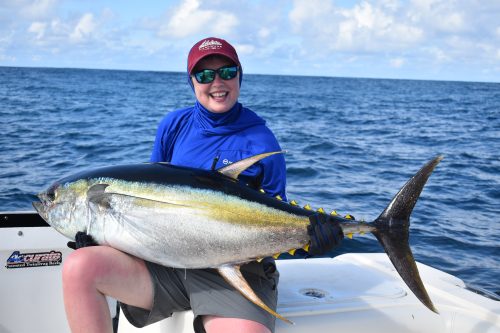
One final note: If there are preferred dates or date ranges that you’d like to travel, and they’re filled up by the time you get on the list, don’t hesitate to call back occasionally and see if there have been any cancellations. Don’t be annoying about it, but let them know that you’re ready to get on a plane at the drop of a hat.
We’re here to help you figure out the best time or times for you to go on the trip of a lifetime. Check out Half Past First Cast or email us and let’s figure out where you should go next!
